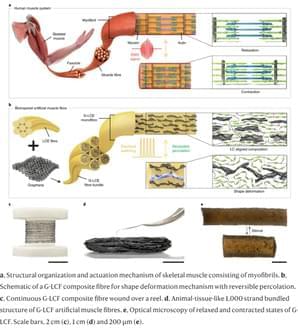Wait, how many stars were at this party? It’s likely there were up to five – but only two appear now! A research team recently began digging into Webb’s highly detailed images of the Southern Ring Nebula to reconstruct the scene. It’s possible more than one star interacted with the dimmer of the two central stars, which appears red in this image, before it created this jaw-dropping planetary nebula. The first star that “danced” with the party’s host created a light show, sending out jets of material in opposite directions. Before retiring, it gave the dim star a cloak of dust. Now much smaller, the same dancer might have merged with the dying star – or is now hidden in its glare.
A third partygoer may have gotten close to the central star multiple times. That star stirred up the jets ejected by the first companion, which helped create the wavy shapes we see today at the edges of the gas and dust. Not to be left out, a fourth star with an orbit projected to be much wider, also contributed to the celebration. It circled the scene, further stirring up the gas and dust, and generating the enormous system of rings seen outside the nebula. The fifth star is the best known – it’s the bright white-blue star visible in the images that continues to orbit predictably and calmly.
The final showstopping finding is an accurate measurement of the mass that the central star had before it ejected its layers of gas and dust. Researchers estimate the star was about three times the mass of the Sun before it created this planetary nebula – and about 60 percent of the mass of the Sun after. It’s still early days – this is some of the first published research about some of Webb’s first images to be released, so plenty more details are sure to come.








